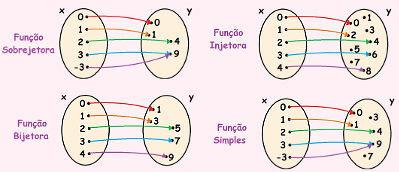It is common for all people to go through moments of emotional instability, but when it comes to neurotic personality, the situation becomes more serious. Those who have this characteristic usually tend to experience negative emotions such as fear, guilt and shame. Even if the neurotic personality is a normal trait in humans, its excess can have a negative impact on quality of life.
See how important it is to take care of health
see more
Better Health in Two Days: The Surprising Effectiveness of End Workouts…
Ministry of Health expands HIV treatment with new drug…
According to the journal General Psychiatry, high diastolic blood pressure, the lowest number in a blood pressure, is synonymous with causing neurotic personality trait, so controlling it is the best path.
When it comes to high blood pressure, the risk of cardiovascular diseases appearing is greater, as all of this is linked to anxiety, depression and neuroticism. The latter is characterized by constant negative emotions.
As part of the studies, the researchers used a technique called Mendelian randomization. They used proxies for a specific risk factor and then obtained genetic evidence and reduced the biases inherent in observational studies.
Mendelian randomization was applied to the 4 blood pressure traits: systolic blood pressure, blood pressure diastolic, pulse pressure (systolic minus diastolic blood pressure and high blood pressure with 4 states psychological).
The most significant effects for neuroticism were on high blood pressure and diastolic blood pressure and not on anxiety, depression or subjective well-being. However, after several tests, diastolic blood pressure alone occupied a percentage of 90% for neuroticism.
For researchers, people with neuroticism tend to be more sensitive to criticism, as self-criticism is often excessive. In addition, they easily develop anxiety, anger, stress, worry and depression.
Therefore, monitoring and controlling blood pressure are extremely important to reduce neuroticism, mood disorders that induce neuroticism, and cardiovascular diseases.

